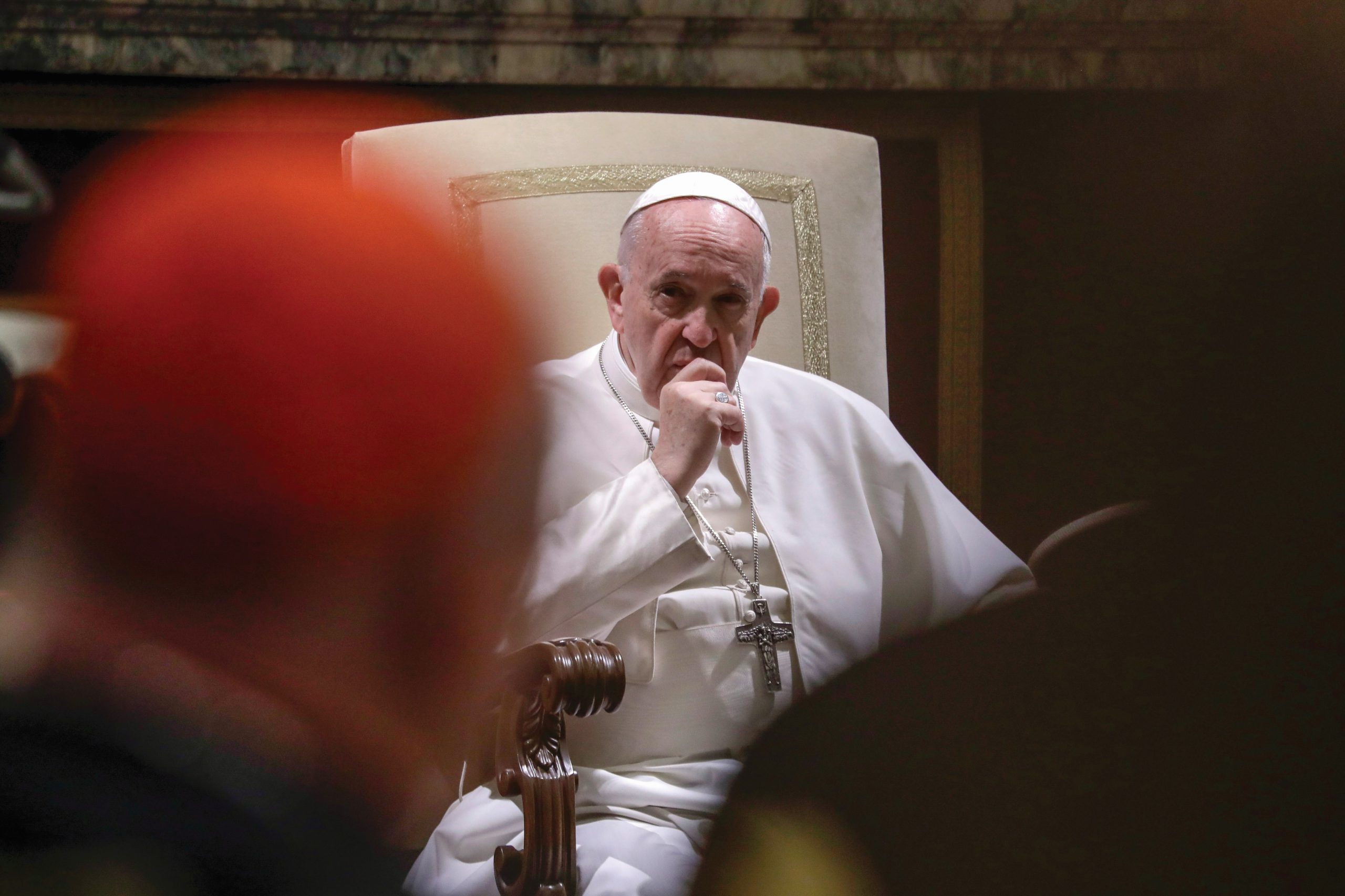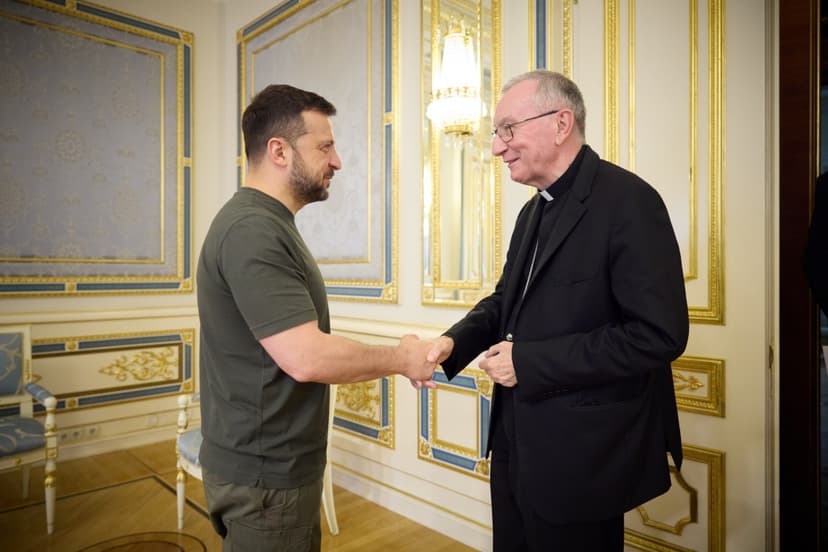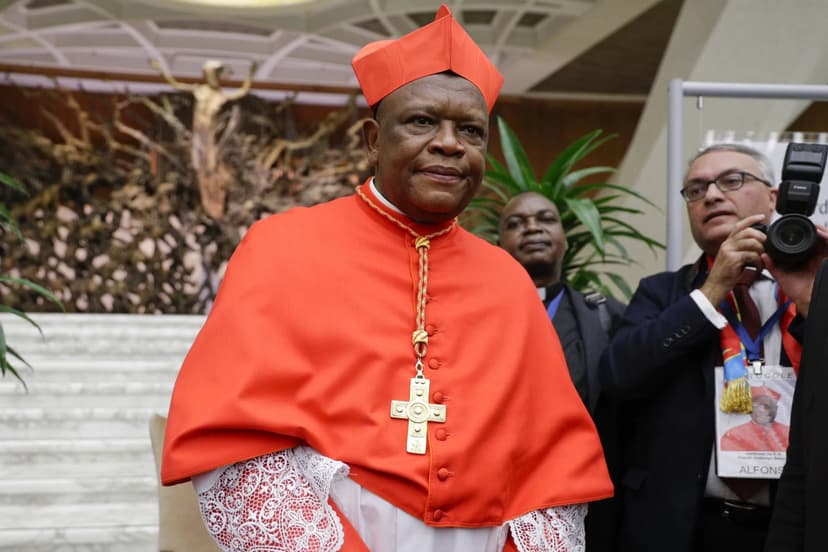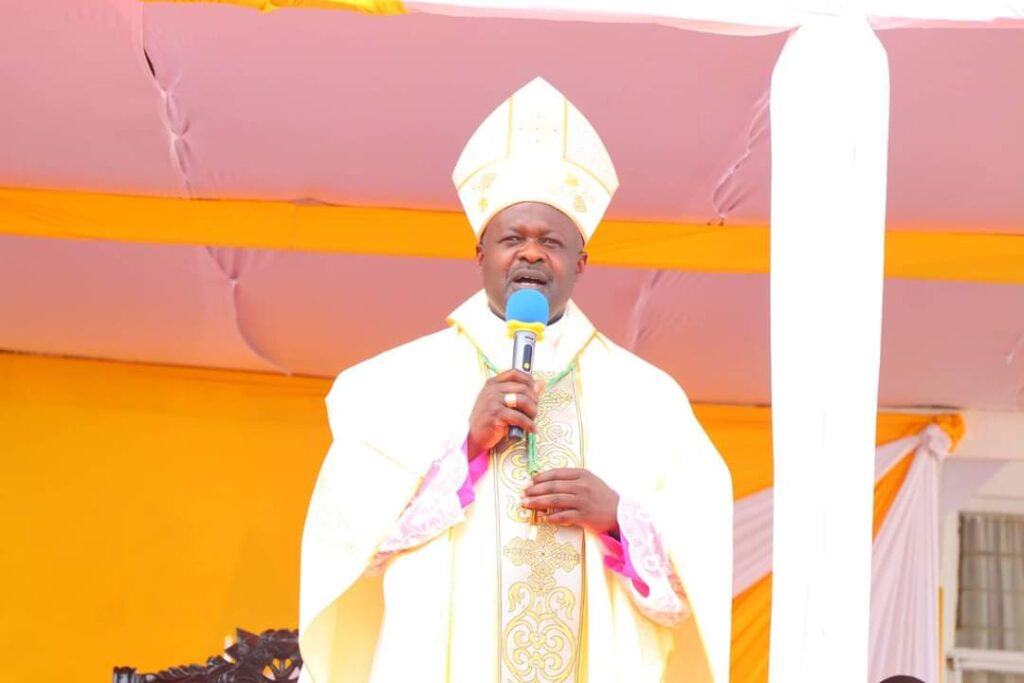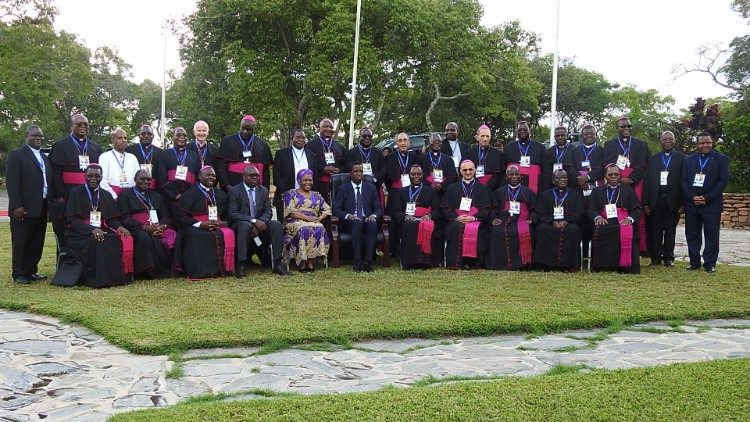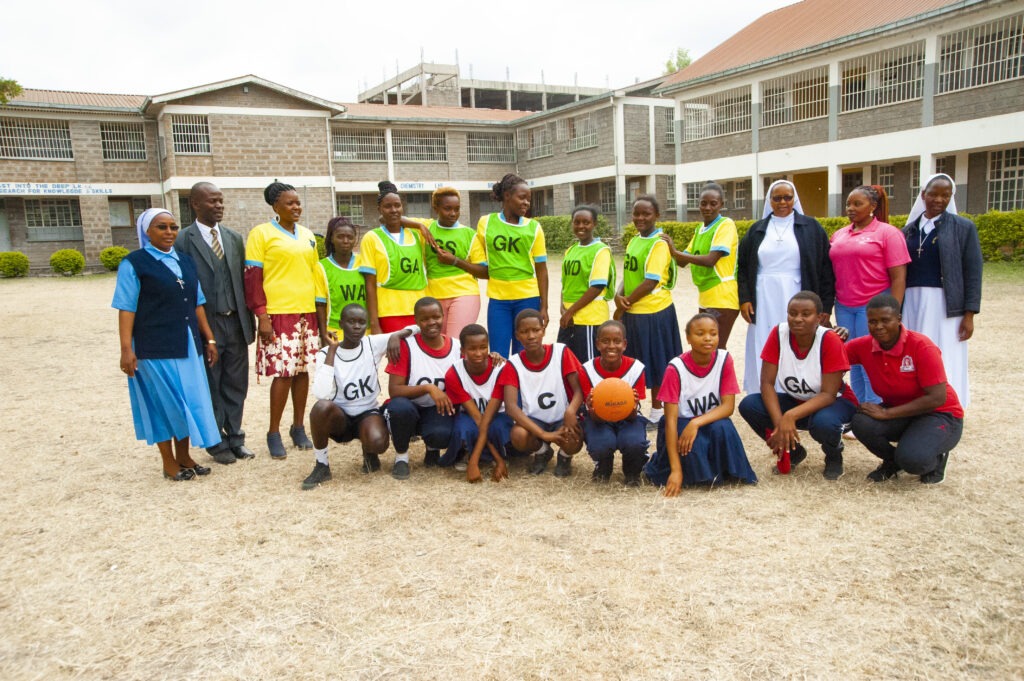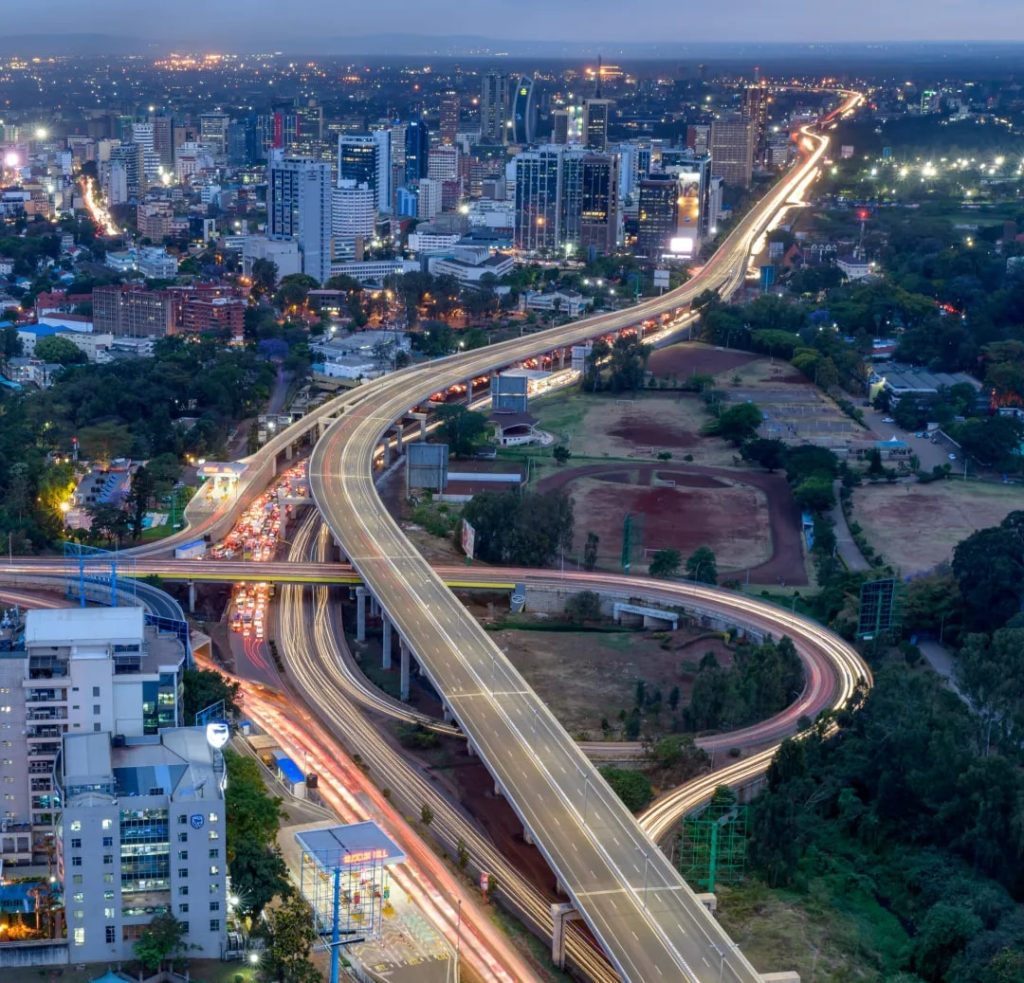Querida Amazonia… Beloved Africa?
Pope Francis’ Post-Synodal Exhortation is the writing of a pastoral genius. It is a mirror for our times. As we read it, we learn more about peoples we know so little about, as well as about ourselves. We become more aware of our own fragility and dependence on God, and of the many gifts we bring to the broken world.
By Peter Knox, SJ
As I have been reading Pope Francis’ latest post-synodal apostolic exhortation, Querida Amazonia (QA), I have found myself saying: “Yes… Yes… Yes…” All of this sounds so familiar. The Pope could have been writing to any one of us in Africa. But he is not.
He is writing to his ‘beloved’ Pan-Amazon region. The nine South American countries (Brazil, Peru, Colombia, Venezuela, Ecuador, Bolivia, Guyana, Suriname and the territory of French Guiana) all have waters flowing into the great Amazon River. The region spans 7.5 million square kilometres.
The amazing thing is that there are so many echoes with Africa, particularly with our mighty Congo River Basin. We have common millennia of histories of people living off nature – particularly the forests – in harmony with the creation around them. Then came the colonial era, when Europeans (mostly) began simply to appropriate ownership of the vast territories, as if they were empty and belonged to nobody else, but were theirs to be plundered. That is when the wanton destruction of the biosphere began.
These centuries were also the height of the missionary era in the Church, which – Pope Francis laments – was a mixed blessing in many cases. The mid-Twentieth Century was the brave era of struggles for political independence, where indigenous people were electing their own leaders.
Yet, in our age, the local elites have replaced the foreigners, and are even more greedy and destructive of the land and forests. Demolishing forests, selling off the timber, converting the land to unsustainable agriculture, cattle ranching, extracting minerals, polluting the rivers… all have calamitous effects on the natural world. Oil clogs the waterways; the fish die; medicinal plants are stolen; giant trees stop breathing; birds and animal species disappear forever. Even worse, local people are pushed off the lands their ancestors occupied for generations. It is as if they do not even exist. And if they resist, they end up mutilated, raped, humiliated, or dead. They live on the fringes and the sidewalks of the cities, or are pushed into hazardous ways of earning a meagre living, in prostitution, or artisanal mining, or numbing their senses with drugs.
Francis’ dreams – Pope Francis expresses outrage at the way people are completely stripped of their homes and dignity. We cannot simply accept this injustice as if it is the natural course of things: survival of the fittest – of the most violent. It is evil. And must be denounced as such.
 At the beginning of the exhortation, Pope Francis expresses his ‘four dreams’ for the Amazonian region. I think that we can equally share these dreams for our own continent, so that Africa can also become a place:
At the beginning of the exhortation, Pope Francis expresses his ‘four dreams’ for the Amazonian region. I think that we can equally share these dreams for our own continent, so that Africa can also become a place:
where the fight for the rights of the poorest and original people is won, their dignity is enhanced and their voices heard;
where the distinctive cultural riches are preserved and the beauty of humanity shines forth;
where the natural beauty is preserved and the superabundant life still lives in the rivers and forests;
where Christian communities are generous and committed, and give the Church a new face with local features. (cf QA 6)
These four dreams form the outline of everything that he writes in the exhortation.
“The land has blood” – Pope Francis remembers an idealised time when society was more intact, and when indigenous communities could sustain people in unity with each other. Now, however, many institutions are broken. We have only to think of our corrupt and ineffective governments to understand what he means. In Africa, we share the same vicious cycle: “The Amazonian peoples are not immune to corruption, and they end up being its principal victims” (QA 24). As the Pope points this out, he highlights the importance of the Church being more transparent and not being caught up in networks of corruption.
We need to cherish our cultures, but also be open to exchange and debate with our contemporaries. Otherwise, we run the risk of perpetuating ways that are obsolete and unhelpful for living in the modern world. Culture is so tied up with the natural environment that, once nature is disturbed, it is difficult for the cultures to remain intact. That is why Francis dreams of an ecology that is not fragmented, where the entire ecosystem is seen as a single living being. Some indigenous people of Guaviare (Colombia) wrote: “The land has blood, and it is bleeding; the multinationals have cut the veins of our Mother Earth” (QA 42). This is such a vivid expression of the Earth having a life of its own that is slowly being eroded. And yet, it is so much bigger than any one of us, or any civilisation. We damage ourselves when we damage our Mother Earth. When we can no longer contemplate and love the beauty of nature, we lose the ability to feel part of it, we have lost contact with our Mother, and, ultimately, with our God who reveals himself in creation.
A letter to us all – As Christians, with our spiritual experience, appreciation of creation, concern for justice, educational traditions and different faces in various places, we should desire to protect God’s gift to all peoples. We have a definite contribution to make, even to those who do not believe in our God.
Querida Amazonia is a mirror for our times. As we read it, we learn more about peoples we know so little about. At the same time, we learn more about ourselves. We become more aware of our own fragility and dependence on God, as well as the many gifts that we bring to the broken world. This is the writing of a pastoral genius.

